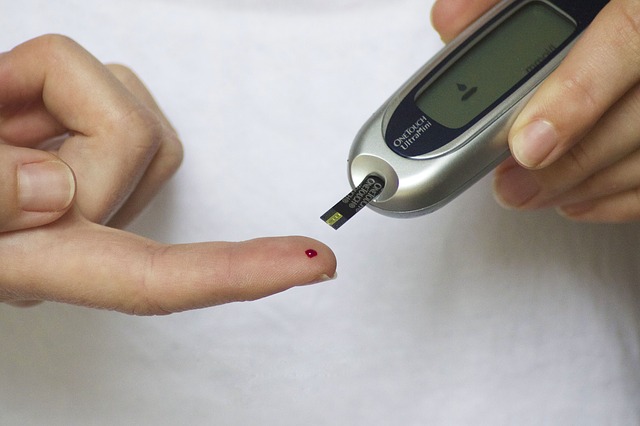
Vitamin C, technical name ascorbic acid is a water-soluble vitamin present in certain foods but that can also be obtained through supplementation.
Humans are different from other animals in that they can’t synthesize the vitamin by their own bodies but must get it elsewhere.
The Benefits Of Vitamin C
• We need vitamin C in order to make L-carnitine, collagen and some neurotransmitters.
• Vitamin C is also involved in the metabolism of protein.
• We need vitamin C for the formation of collagen that is part of the connective tissue in the body’s organs and plays a role in wound healing.
• Vitamin C is also a good antioxidant, which makes it good in preventing cancer. It has the important role of regenerating other antioxidants in the body.
• There is research going on that looks into whether or not vitamin C is definitely linked to its antioxidant properties or whether there is something else going on that makes this a good cancer fighter.
• Oral vitamin C produces tissue and plasma concentrations that are tightly controlled. As a water-soluble nutrient, it is excreted by the urine.
Recommended Intake of Vitamin C
The dietary intake of vitamin C has been set up by the Food and Nutrition Board. It sets up the Daily Reference Intakes for all types of nutrients.
According to this board, the recommended intake of vitamin C includes the following:
• Ages 0-6 months, the intake should be 40 mg per day
• Ages 7-12 months, the intake should be 50 mg per day
• Ages `1-3 years, the intake should be 15 mg per day
• Ages 4-8 years, the intake should be 25 mg per day
• Ages 9-13 years, the intake should be 45 mg per day
• Ages 14-18, the intake should be 75 mg per day
• Those who are older than 19 years, the intake should be 75 mg per day
Food Sources of Vitamin C
• Some of the best sources for vitamin C are fruits and vegetables.
• Citrus fruits, tomatoes, and tomato juice, as well as potatoes are good sources of vitamin C.
• Other foods that will give you vitamin A include red peppers, green peppers, broccoli, kiwifruit, Brussels sprouts, strawberries, and cantaloupe.
• While vitamin C isn’t found in grains, it is often added to the cereal we eat.
Prolonged storage and cooking may destroy vitamin C so it is best when eaten with raw fruits.
The good news is that many of the best food sources of vitamin C, such as vegetables and fruits, are usually eaten raw. Foods that you can eat that will give you’re the best sources of vitamin C include:-
• Red pepper gives 158 percent of the daily value
• Orange juice gives 155 percent of the daily value
• One medium orange gives 117 percent of the daily value
• Grapefruit juice gives 117 of the daily value
• Kiwi fruit gives 107 percent of the daily value
• Green pepper gives 100 percent of the daily value
• Broccoli gives 85 percent of the daily value
• Strawberries give 82 percent of the daily value
• Brussels sprouts give 80 percent of the daily value
Dietary Supplements
Dietary supplements of vitamin C can be given. It is given in the form of ascorbic acid, which has the same bioavailability as the naturally occurring kinds of vitamin C eaten in food sources of vitamin C.
Other forms of vitamin C supplements include calcium ascorbate, sodium ascorbate, ascorbic acid with bioflavonoids, dehydroascorbate, xylonate, threonate, and calcium ascorbate.
A few research studies using human participants found that the bioavailability is different depending on the form of vitamin C used.
Other studies have indicated that there are no differences in the bioavailability of the various types of vitamin C. These vitamins are all extremely cheap and can be used to indicate the individual’s
vitamin intake.
Vitamin C Deficiency
Vitamin C deficiency results in scurvy.
The timeline for getting scurvy depends on the body’s initial stores of the vitamin in the body to begin with. Signs begin to show up within a month of withdrawing all vitamin C from the diet. Symptoms start out with tiredness, malaise, and other flu-like symptoms.
As it progresses, the individual can develop gum inflammation, poor healing of soft tissue, petechiae, purpura, poor wound healing, and ecchymosis of the skin. Other signs of a deficiency include swollen and bleeding gums, depression, and corkscrew hairs.





















